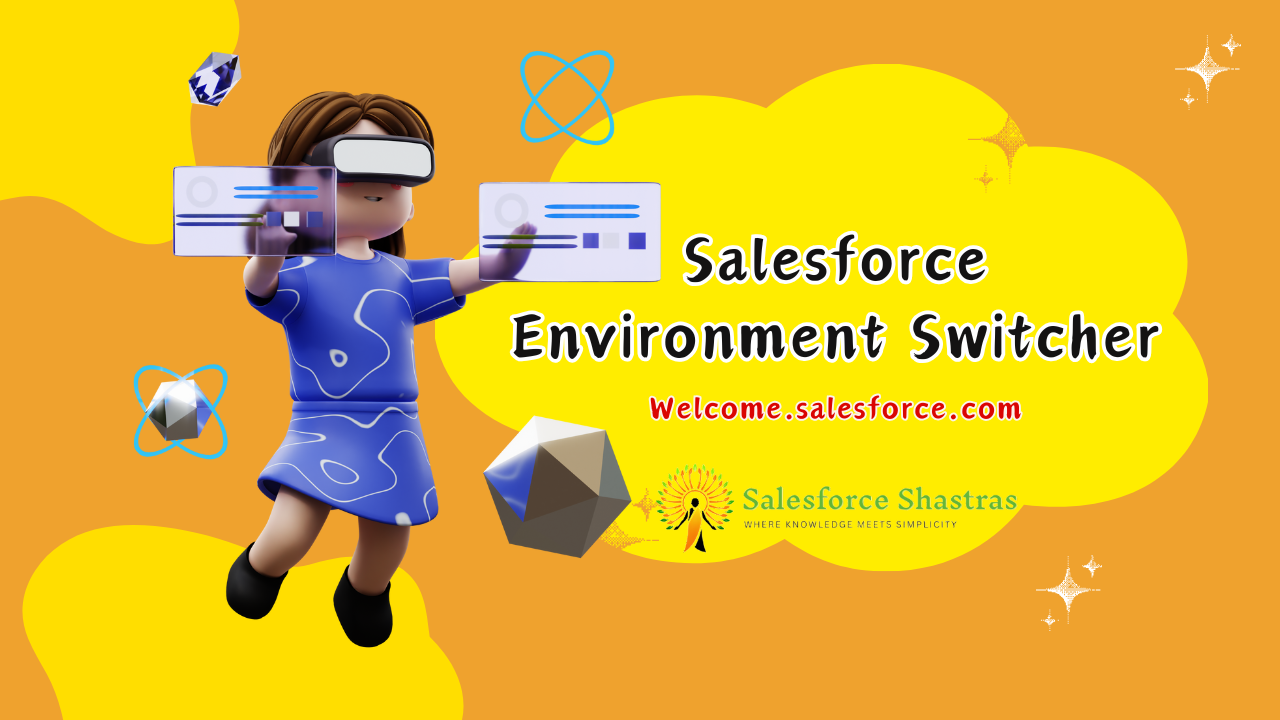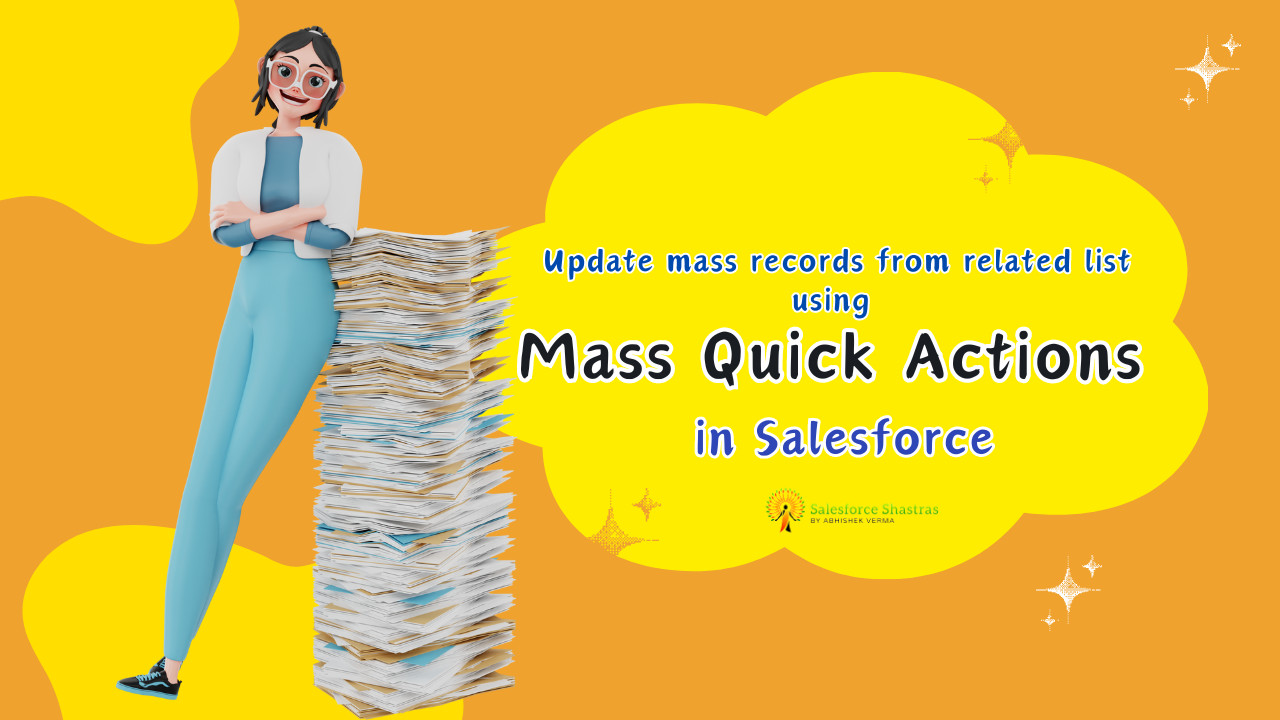Table of Contents
- Introduction
- What is Salesforce Sales Cloud?
- Key Features of Salesforce Sales Cloud
- CRM Functionality
- Lead Management
- Opportunity Management
- Sales Forecasting
- Collaboration and Communication
- Benefits of Salesforce Sales Cloud for Beginners
- Increased Sales Efficiency
- Enhanced Customer Experience
- Data-Driven Insights
- Scalability and Customization
- Integration Capabilities
- How to Get Started with Salesforce Sales Cloud
- Sign Up for Salesforce
- Set Up Your Sales Cloud Environment
- Customize Sales Cloud for Your Business
- Import and Manage Your Data
- Train and Educate Your Team
- Best Practices for Salesforce Sales Cloud Beginners
- Define Clear Objectives
- Keep Your Data Clean and Updated
- Utilize Automation and Workflow Rules
- Foster Collaboration and Communication
- Stay Updated with Salesforce Releases and Upgrades
- Salesforce Sales Cloud Resources for Beginners
- Trailhead
- Salesforce Help and Documentation
- Community Forums and User Groups
- Online Courses and Training Programs
- Conclusion
Introduction
Are you new to Salesforce Sales Cloud? If so, you’re in the right place. In this comprehensive overview, we will explore everything you need to know about Salesforce Sales Cloud for beginners. Whether you’re a small business owner, a sales professional, or simply interested in learning about customer relationship management (CRM) software, this blog post will provide you with valuable insights into Salesforce Sales Cloud and its benefits. So let’s dive in and discover how Salesforce Sales Cloud can help boost your sales performance and drive business growth.
What is Salesforce Sales Cloud?
Salesforce Sales Cloud is a powerful CRM platform designed to help businesses effectively manage their sales processes, track customer interactions, and drive revenue growth. It empowers sales teams to streamline their workflows, improve collaboration, and ultimately close deals faster. With its comprehensive suite of tools and features, Sales Cloud provides organizations with a centralized hub for managing leads, opportunities, accounts, and contacts. Whether you’re a sales representative, a sales manager, or a business owner, Salesforce Sales Cloud offers the tools and insights you need to succeed in today’s competitive market.
Key Features of Salesforce Sales Cloud
1. CRM Functionality
At its core, Salesforce Sales Cloud serves as a CRM system, allowing businesses to store and organize customer data, track customer interactions, and gain holistic visibility into their sales pipeline. From lead generation to deal closure, Sales Cloud provides a 360-degree view of your customers, enabling you to build stronger relationships and deliver personalized experiences.
2. Lead Management
Salesforce Sales Cloud simplifies lead management by providing a range of tools to capture, nurture, and convert leads. From web-to-lead forms and lead assignment rules to lead scoring and qualification processes, Sales Cloud streamlines lead management workflows, ensuring that your sales team focuses on the most promising opportunities.
3. Opportunity Management
Tracking and managing sales opportunities is made simple with Salesforce Sales Cloud. Through the platform’s opportunity management features, you can monitor the progress of your deals, collaborate with team members, and access critical information such as deal size, stages, and probabilities. This allows you to prioritize your efforts and optimize your sales strategies for maximum success.
4. Sales Forecasting
Accurate sales forecasting is crucial for business planning and decision-making. Salesforce Sales Cloud offers robust forecasting capabilities that allow you to predict revenue, track sales performance, and make data-driven decisions. With real-time insights into your sales pipeline, you can anticipate trends, identify potential bottlenecks, and adjust your strategies accordingly.
5. Collaboration and Communication
Effective collaboration and communication are essential for sales success. Salesforce Sales Cloud provides a range of collaboration tools, such as Chatter, that enable your sales team to share information, discuss deals, and collaborate on closing opportunities. By fostering a more connected and engaged sales organization, Sales Cloud helps drive productivity and improve team cohesion.
Benefits of Salesforce Sales Cloud for Beginners
Increased Sales Efficiency
By automating manual tasks, providing real-time data, and streamlining sales processes, Salesforce Sales Cloud boosts sales efficiency. Sales representatives can spend more time selling and less time on administrative and repetitive tasks, leading to improved productivity and increased revenue.
Enhanced Customer Experience
Salesforce Sales Cloud enables businesses to enhance the overall customer experience. With a central repository of customer data, personalized interactions become effortless, allowing you to deliver tailored experiences based on individual preferences and needs. This increases customer satisfaction and builds long-lasting customer relationships.
Data-Driven Insights
One of the key advantages of using Salesforce Sales Cloud is the wealth of data and insights it provides. With robust reporting and analytics capabilities, you can track key sales metrics, identify trends, and make informed business decisions based on real-time information. This empowers you to optimize your sales strategies and maximize your revenue potential.
Scalability and Customization
Salesforce Sales Cloud is highly scalable and customizable, making it suitable for businesses of all sizes and industries. As your business grows, Sales Cloud can accommodate your evolving needs, allowing you to add new users, customize workflows, and integrate with external systems seamlessly. This flexibility ensures that Sales Cloud remains a valuable asset as your business expands.
Integration Capabilities
Salesforce Sales Cloud integrates with a wide range of third-party applications, allowing you to leverage existing systems and tools within your sales ecosystem. Whether it’s email marketing software, customer support platforms, or collaboration tools, Sales Cloud seamlessly integrates with these systems, ensuring a connected and unified experience for your sales team.
How to Get Started with Salesforce Sales Cloud
Sign Up for Salesforce
To get started with Salesforce Sales Cloud, you will need to sign up for a Salesforce account. You can visit the Salesforce website and choose the Sales Cloud edition that best suits your business needs. Salesforce offers a variety of editions, ranging from small businesses to enterprise-level organizations, providing different features and functionalities for each.
Set Up Your Sales Cloud Environment
After creating your Salesforce account, you will need to set up your Sales Cloud environment. This involves configuring various settings, such as user permissions, data access, and security controls. Salesforce provides a user-friendly setup wizard that guides you through the initial configuration process, making it easy for beginners to get started.
Customize Sales Cloud for Your Business
Once your Sales Cloud environment is set up, it’s time to customize it according to your business requirements. Salesforce Sales Cloud offers a high degree of customization, allowing you to tailor the platform to match your specific sales processes, terminology, and workflows. This ensures that Sales Cloud aligns perfectly with your organization’s unique needs and industry practices.
Import and Manage Your Data
Migrating your existing customer data to Salesforce Sales Cloud is an important step in getting started. Salesforce provides various tools and methods to import your data, whether it’s from spreadsheets, legacy systems, or other CRM platforms. Once your data is imported, Sales Cloud offers robust data management capabilities, allowing you to keep your records clean, updated, and easily accessible.
Train and Educate Your Team
To maximize the benefits of Salesforce Sales Cloud, it’s crucial to train and educate your sales team on how to effectively use the platform. Salesforce provides comprehensive training resources, including online courses, certifications, and Trailhead – Salesforce’s interactive learning platform. By investing in training, you equip your team with the knowledge and skills necessary to leverage Sales Cloud’s full potential.
Best Practices for Salesforce Sales Cloud Beginners
Define Clear Objectives
Before diving into Salesforce Sales Cloud, it’s important to define clear objectives for your CRM implementation. Identify what specific business goals you want to achieve with Sales Cloud and map out the steps required to reach those goals. This strategic approach will help you stay focused and ensure that Sales Cloud aligns with your broader business objectives.
Keep Your Data Clean and Updated
Maintaining clean and updated data within Salesforce Sales Cloud is critical for accurate reporting and effective decision-making. Implement data cleansing processes, establish data governance practices, and regularly review and validate your data. By ensuring data accuracy and completeness, you can trust the insights and metrics generated by Sales Cloud to guide your business strategies.
Utilize Automation and Workflow Rules
Salesforce Sales Cloud offers powerful automation capabilities that can streamline your sales processes and reduce manual effort. Leverage workflow rules, process automation, and approval processes to automate repetitive tasks, trigger notifications, and enforce business rules. By implementing automation, you not only improve efficiency but also reduce the risk of errors and inconsistencies.
Foster Collaboration and Communication
Encourage collaboration and communication within your sales team by utilizing Salesforce Sales Cloud’s collaboration tools. Features like Chatter allow team members to share information, discuss deals, and work together to close opportunities. By fostering a culture of collaboration, you create a cohesive and empowered sales organization that can achieve better results.
Stay Updated with Salesforce Releases and Upgrades
Salesforce regularly releases new features, enhancements, and upgrades to its Sales Cloud platform. Stay updated with these releases and leverage new functionalities to improve your sales processes. Subscribe to Salesforce release notes, join user groups, and participate in community forums to ensure you’re aware of the latest updates and best practices.
Salesforce Sales Cloud Resources for Beginners
Trailhead
Trailhead is Salesforce’s interactive learning platform that offers a wide range of courses, modules, and projects to help you learn and master Salesforce Sales Cloud. Whether you’re a beginner or an advanced user, Trailhead provides a structured and engaging learning experience. You can earn badges and credentials as you complete the modules, showcasing your knowledge and skills.
Salesforce Help and Documentation
Salesforce provides comprehensive help resources and documentation that cover all aspects of Salesforce Sales Cloud. From step-by-step guides to video tutorials, you can find answers to your questions and get detailed information about various features and functionalities. The Salesforce Help Center is a valuable resource for beginners looking to explore the full potential of Sales Cloud.
Community Forums and User Groups
The Salesforce community is vibrant and supportive, with numerous user forums and groups where you can connect with other Sales Cloud users, ask questions, and share insights. Joining these communities allows you to expand your network, learn from experienced users, and stay updated with the latest trends and best practices in using Salesforce Sales Cloud.
Online Courses and Training Programs
In addition to Trailhead, there are various online courses and training programs available that cater specifically to Salesforce Sales Cloud beginners. These courses provide in-depth training, hands-on exercises, and real-world scenarios to help you gain practical knowledge and expertise. Platforms like Udemy, LinkedIn Learning, and Pluralsight offer a wide range of Salesforce training courses.
Conclusion
Salesforce Sales Cloud is a comprehensive CRM platform that provides businesses, especially beginners, with the tools and capabilities to streamline their sales processes, enhance customer experiences, and drive revenue growth. By leveraging its features such as CRM functionality, lead and opportunity management, sales forecasting, collaboration tools, and the ability to customize and scale, beginners can take advantage of the benefits it offers. With proper setup, training, and adherence to best practices, Salesforce Sales Cloud can become the backbone of your sales operations, helping you achieve your business goals and stay ahead in the competitive market. So, whether you’re a small business owner or a sales professional, now is the perfect time to unleash the power of Salesforce Sales Cloud and take your sales performance to new heights.



